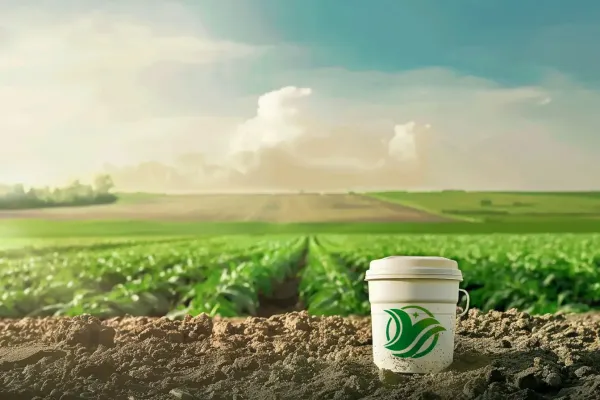Granular potassium sulfate (K2SO4) has gained significant attention in agricultural practices, particularly for its role in enhancing the yield of economic crops. This article aims to provide a comprehensive study on the impact of granular potassium sulfate on crop production, soil health, and overall agricultural sustainability.

The application of granular potassium sulfate has been shown to significantly increase the yield of various economic crops such as vegetables, fruits, and grains. Studies indicate that potassium ions play a vital role in plant metabolic processes, which translates into better growth and development when adequate potassium is available.
Granular potassium sulfate provides potassium and sulfur, essential nutrients for crop development. Potassium aids in water regulation, enzyme activation, and photosynthesis, while sulfur contributes to protein synthesis and improves crop resilience to stress.

The use of granular potassium sulfate not only boosts crop yields but also contributes positively to soil health. The sulfur component helps in the formation of soil aggregates, improving soil structure and aeration. This leads to enhanced water infiltration and retention, enabling better root development and nutrient uptake.
Integrating granular potassium sulfate into fertilization schedules supports sustainable agricultural practices by promoting balanced nutrient management. It minimizes the risk of nutrient imbalances and environmental impact, making it a preferred choice among farmers.

In conclusion, granular potassium sulfate serves as a highly effective agricultural input that enhances crop yield and improves soil quality. Its role in supporting sustainable agricultural practices makes it an invaluable resource for farmers aiming for productivity and environmental sustainability.
For more information on our products and their applications, please contact us.
